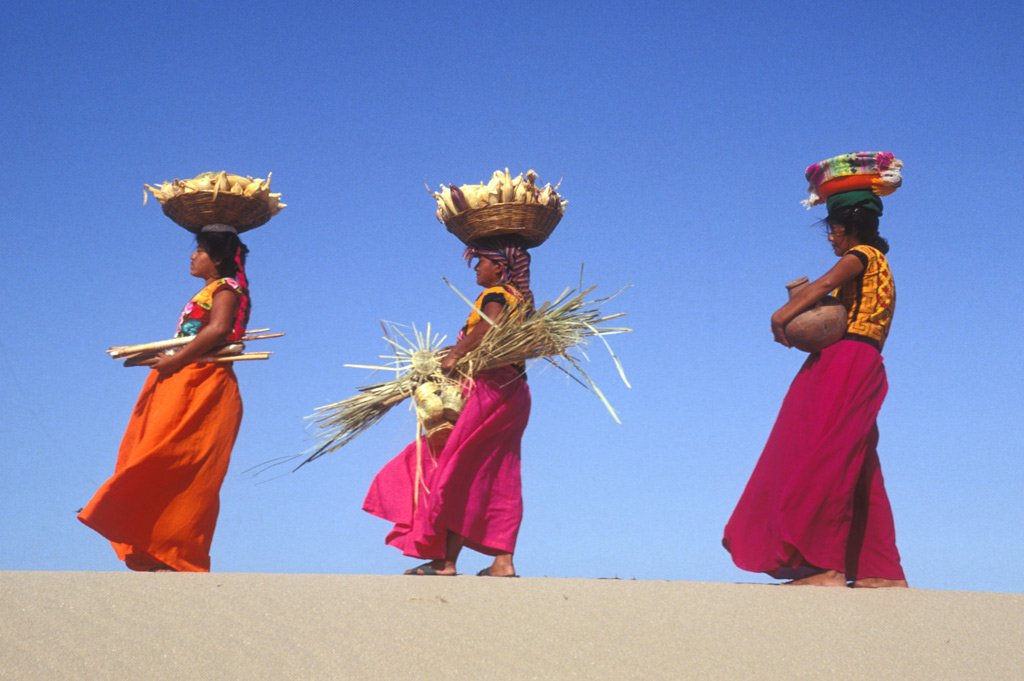
From 10th to 12th January, the Food and Agriculture Organization (FAO) organized a three days Forum on Indigenous Women in Mexico City. The forum aimed to develop public policy recommendations to empower indigenous women, strengthen their decision-making and recognize their rights.
Empowering indigenous women – who have higher malnutrition rates than any other social group and typically earn far less than men – is critical to successfully fighting hunger and extreme poverty, the United Nations agriculture chief has said.
“Indigenous women face triple discrimination – poverty, gender, and ethnicity, both within and outside their communities – making them highly vulnerable,” Jose Graziano da Silva Director-General of the Food and Agriculture Organization (FAO) told the Forum.
They confront far higher rates of poverty, chronic malnutrition, and illiteracy while having the least access to health care and political life, he said to the participants from a dozen countries.
About five percent of the global population and 15 percent of the world's poorest, or some 370 million people, self-identify as indigenous. In Latin America and the Caribbean region, 15 percent of the approximately 45 million indigenous peoples face insecurity and extreme poverty.
Indigenous women in the region encounter higher poverty and malnutrition rates than any other social group, and typically earn four times less than men, according to FAO's new Regional Atlas of Rural Women.
The situation is even worse for women in the more than 5,000 indigenous groups, spread across over 90 countries around the world.
“Their social and economic empowerment is not only an excellent way to support them but a necessary condition to eradicate hunger and malnutrition in their communities,” underscored Mr. da Silva.
He noted that the UN’s decision to begin a Family Farming Decade in 2019 offers a platform to focus on rural livelihoods – where most indigenous peoples work.
Cultivating Leadership
Although indigenous women are vital actors in protecting biodiversity, adapting to climate change and varying nutritious diets, they are often forgotten in development plans.
“They have fundamental goals in the spiritual, social and family arenas and are seed guardians – critical carriers of specialized knowledge,” underscored Mr. da Silva.
“With political will, we can put an end to discrimination against indigenous women,” he affirmed. If we are going to achieve sustainable development goals, to create an inclusive and resilient society, to advance prosperity and human rights, we are going to have to work in partnership with indigenous peoples and empower them to end hunger and poverty.
Source: UN News Centre
 Welcome to the United Nations
Welcome to the United Nations